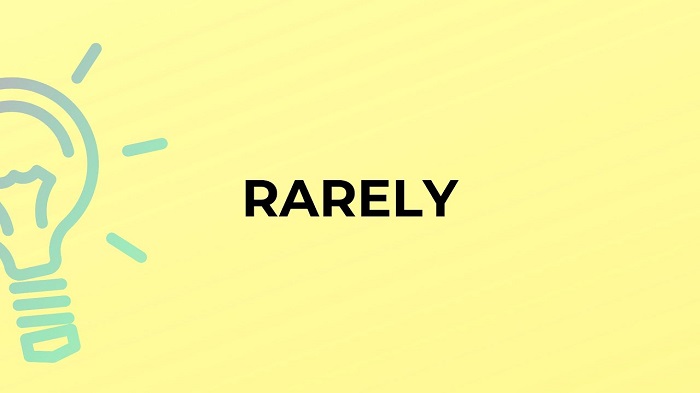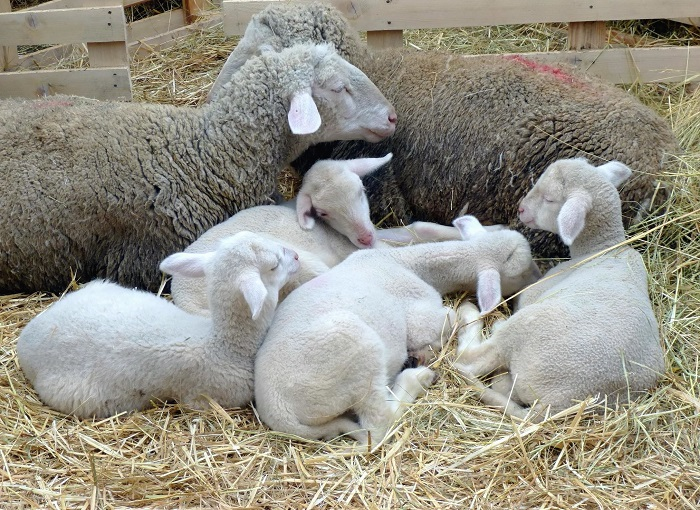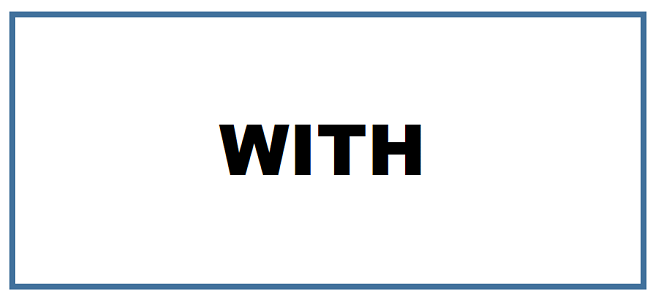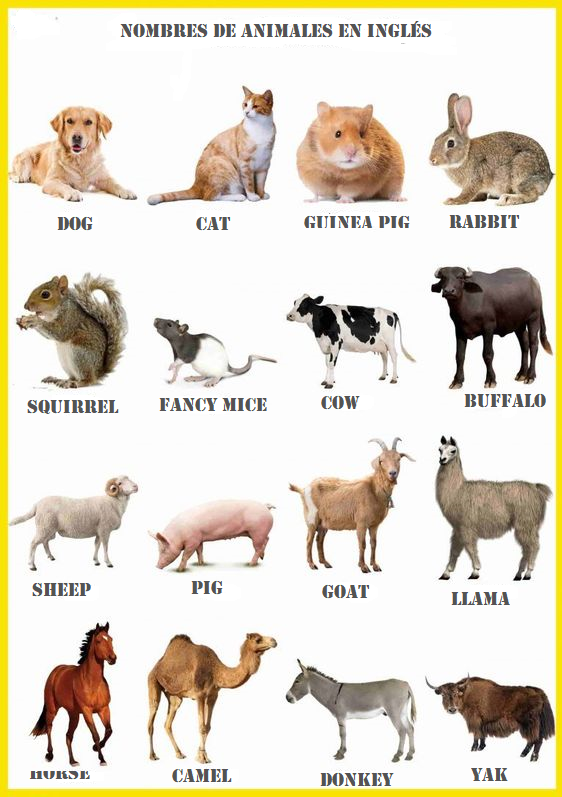¿Qué es el verbo to be y cuál es su función?
El verbo “to be” en inglés es uno de los verbos más fundamentales y versátiles del idioma. Significa “ser” o “estar” en español, dependiendo del contexto. Este verbo se utiliza para describir características permanentes o temporales, estados, profesiones, edades, sentimientos, ubicaciones, y muchos otros aspectos.
Usos del verbo “to be”
Para describir identidad o características permanentes (ser):
Ejemplo: I am a teacher. (Soy profesor.)
Ejemplo: She is intelligent. (Ella es inteligente.)
Para describir estados temporales o condiciones (estar):
Ejemplo: I am tired. (Estoy cansado.)
Ejemplo: They are at the park. (Ellos están en el parque.)
Para expresar edad:
Ejemplo: He is 25 years old. (Él tiene 25 años.)
Para indicar la ubicación:
Ejemplo: We are at home. (Estamos en casa.)
Para hablar del tiempo, la hora, la fecha:
Ejemplo: It is 5 o’clock. (Son las 5 en punto.)
Ejemplo: It is Monday. (Es lunes.)
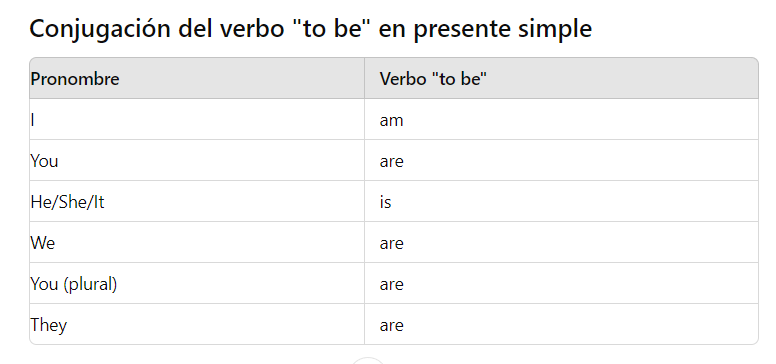
Ejemplos de conjugación en presente simple:
I am happy. (Yo estoy feliz.)
You are a student. (Tú eres estudiante.)
He is my brother. (Él es mi hermano.)
We are ready. (Nosotros estamos listos.)
They are from Brazil. (Ellos son de Brasil.)
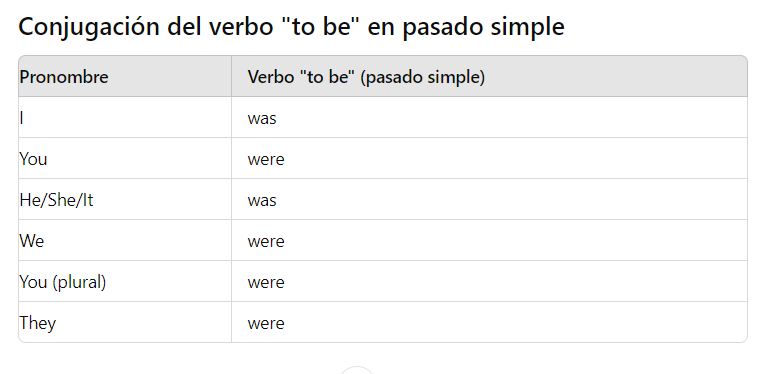
I was at the store. (Yo estaba en la tienda.)
You were happy. (Tú estabas feliz.)
She was a doctor. (Ella era doctora.)
We were tired. (Nosotros estábamos cansados.)
They were here. (Ellos estaban aquí.)
Otras formas del verbo “to be”
El verbo “to be” también se usa en otras formas verbales, como el presente continuo (e.g., I am going – Estoy yendo), futuro simple (e.g., I will be – Yo seré o estaré), y pasado continuo (e.g., I was going – Yo estaba yendo).
En resumen, el verbo “to be” es esencial en inglés para describir estados, identidades, características, ubicaciones, y mucho más. Su significado y uso dependen del contexto en el que se emplee.
50 oraciones en inglés con el verbo to be
Presente simple
1. I am a teacher. – Soy maestra
2. She is very happy today. – Ella es muy feliz hoy
3. They are at the park. – Están en el parque
4. He is my best friend. – Ël es mi mejor amigo
5. We are ready to go. – Estamos listos para ir
6. You are a good student. – Eres muy buen estudiante
7. It is very hot outside. – Hace mucho calor afuera
8. The cat is on the roof. – El gato está en el techo
9. I am tired after work. – Estoy cansado después del trabajo
10. The book is interesting. – El libro es interesante
Pasado simple
11. I was at the mall yesterday. – Yo estaba en el supermercado ayer
12. He was a famous artist. – El era un artista famoso
13. They were here last night. – Estaban aquí anoche
14. We were very surprised by the news. – Estábamos sorprendidos por las noticias
15. She was not at home. – Ella no estuvo en casa
16. You were the best player on the team. – Fuiste el mejor jugador del equipo
17. The weather was nice last weekend. – El clima estuvo bien el pasado fin de semana
18. It was a great party. – Fue una gran fiesta
19. I was happy to see them. – Estuve feliz de verlos
20. The keys were on the table. – Las llaves estaban sobre la mesa
Futuro simple
21. I will be there at 7 PM. (Estaré ahí a las 7 PM)
22. She will be an excellent doctor. (Ella será una doctora excelente)
23 They will be at the concert tomorrow. (Habrá un concierto mañana)
24. He will be ready soon. (Él estará listo pronto)
25. We will be in Paris next week. (Él estará en París la próxima semana)
26. You will be fine. (Estarás bien)
27. It will be cold tonight. (Hará frío esta noche)
28. The show will be amazing. (El show será espectacular)
29. I will be happy if you come. (Seré feliz si vienes)
30. The meeting will be in the main hall. (El encuentro será en el hall central)
Presente continuo
31. I am being careful.
32. She is being kind to everyone today.
33. They are being very quiet.
34. He is being silly right now.
35. We are being patient with the process.
36. You are being very helpful.
37. The dog is being aggressive.
38. I am being honest with you.
39. The kids are being noisy.
40. He is being cautious.
Pasado continuo
41 .I was being honest about my feelings.
42 She was being very supportive.
43. They were being loud during the movie.
44. We were being too harsh on ourselves.
45. He was being funny at the party.
46. You were being sarcastic, weren’t you?
47. The team was being coached well.
48. It was being handled by the experts.
49. I was being polite in my response.
50. They were being considerate of others.
Estos ejemplos cubren diversas formas del verbo “to be” para mostrar su uso en diferentes tiempos y contextos.

